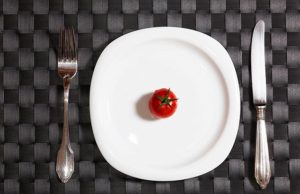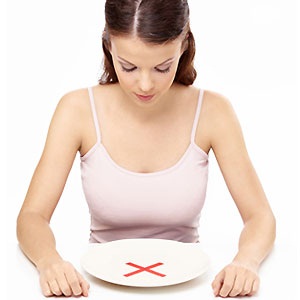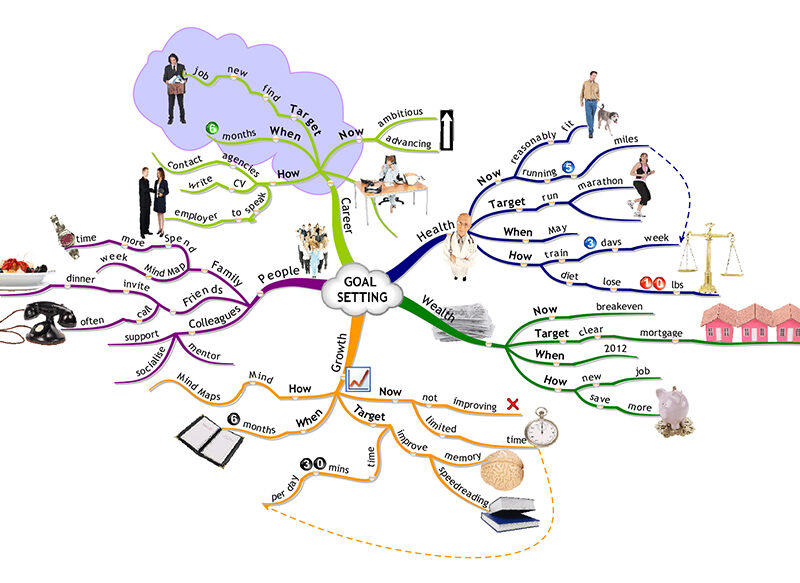Starvation is not the solution to reduce your weight
There is a huge misconception that in order to lose weight a person, you need to drop the calories you intake at 1,200 daily. While this could work to initially reduce weight, continuing to have such a low calorie intake can become detrimental to its metabolism. This weight loss myth was perpetuated by the warning that 1,200 calories is the minimum amount a person should consume to avoid the serious negative health effects of starvation.
Food is fuel for the body. It is what makes us move. Just as a car could not move and operate without gas, our body can not move, cure or function without nutrients to turn them into energy.
Your body does not know the difference between diet and hunger. To survive, it will reduce its metabolism to cope with the lack of food. When your body does not believe it will get enough fuel, it will not use fat reserves as a fuel source. Instead, he will burn the muscles, which he considers to be an expensive choice to keep. That we do not want in any case.

One person who weighs 120 kilos may initially reduce his weight when he is on a low-calorie diet but will reach a point where he can not go any further. Think of your body as a vehicle – the smaller the car, the smaller the petrol tank. A person weighing 120 kilos and someone weighing 70 kilos has very different calorie needs. So if you start with low calorie intake, you have no way to drop your calories as your weight begins to stop falling at the same pace as it did at first.
Fat here is the worst word. Fat is the way your body is protected. Fat protects our organs. It stores excess food, toxins and helps keep body temperature in line with the external environment. When our body feels that it does not get enough fuel, it keeps body fat to protect and keep alive. Some body fat is healthy and necessary. But many of us bring more than we need, because we make less healthy choices on a regular basis. How can we get a lower fat and healthier body? Below I give some tips.
How can we get a lower fat and healthier body? Below I give some tips.
1. Energy production depends exclusively on the caloric value of your diet. Making a fat loss find out what your fat is, so you have a point of reference when you repeat to see what effect you have, because the thing besides weight loss is to lose as much fat as much as possible and preserve your muscle tissue at the same time, also know your basic metabolic rate, ie how many calories burns your body calmly so that you can count on the calorie value of the diet that you will follow.
2. The quality of calories and macronutrients taken from your diet plays an important role. Fresh foods contain vitamins and minerals that your body needs. Processed and fast foods tend to be empty of nutrient as well as being absorbed more quickly resulting in more easily stored in the body.
3. Stop focusing on immediate results. You can not cancel 20-30 years of bad choices within three weeks or even three months! Give your body time to burn excess fat and get results.
4. Show respect to your body. Have patience and take it kindly because this works hard for you. It is ok to want to have a healthier body. It is not good to hate yourself or believe you are bad.
5. First, clean your head. Put yourself in a good position mentally and emotionally. It will make it much easier to reach your goal. In addition, understanding and identifying bad habits and reasons that brought you to this bad state will help you stay on target once you get there.
Focus on how you feel and how your body responds to food. And remember that you are what you eat. The cleaner and healthier you eat, the better your body will respond.
Mitsaris Kostas
Certified Personal Trainer
Sport&Fitness Nutrionist







